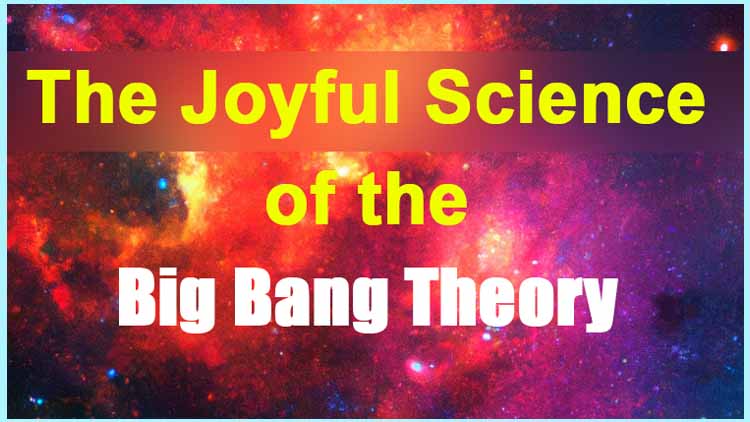
Big Bang Theory : Bang! The Joyful Science of the Big Bang is a fascinating topic that has inspired scientists and researchers for decades. This theory explains the origin of the universe and the forces that govern it. The Big Bang is a remarkable phenomenon that has shaped our world and everything we know. In this article, we will explore the exciting science behind the Big Bang and celebrate the wonders of the universe.
From Nothing to Everything: The Birth of the Universe.
The Big Bang theory is a scientific explanation of the birth of the universe. It suggests that the universe began as a singularity, a point of infinite density and temperature. The universe then rapidly expanded, cooling and forming into the stars, galaxies, and planets that we see today. This theory explains the origin of the universe, and scientists continue to study it in order to better understand the nature of our universe.
The Explosive Power of the Big Bang.
The Big Bang was an explosive event that marked the beginning of the universe. It was a cataclysmic explosion that occurred approximately 13.8 billion years ago, and it was the most violent and powerful event in the history of the universe. The Big Bang released an enormous amount of energy, which created the fundamental particles that make up everything in the universe.
Cosmic Fireworks: The Aftermath of the Big Bang.
The aftermath of the Big Bang was a period of rapid expansion and cooling. As the universe expanded, it cooled, and the fundamental particles began to combine and form the first atoms. This period also marked the formation of the first stars and galaxies, which eventually led to the formation of the Milky Way and our solar system. The aftermath of the Big Bang is a critical period in the history of the universe, and it has been extensively studied by scientists to better understand the origins of our world.
Uncovering the Mysteries of the Big Bang.
The Big Bang remains one of the most significant mysteries in science. Despite decades of research, there is still much that we do not know about the origins of the universe. Scientists continue to study the cosmic microwave background radiation, which is the afterglow of the Big Bang. They also study the formation and evolution of galaxies, and the behavior of dark matter and dark energy. These efforts are critical to our understanding of the universe and its history.
Celebrating the Universe: Why the Big Bang Matters.
The Big Bang theory is a remarkable achievement of human curiosity and scientific inquiry. It has given us a better understanding of the universe and our place in it. The study of the Big Bang has led to a deeper appreciation of the beauty and complexity of the universe. It has inspired us to explore and seek out new knowledge, and it continues to drive scientific research and discovery today. The Big Bang reminds us of the wonders of the universe and the limitless potential of human curiosity and exploration.
In conclusion, the Big Bang is a fascinating and joyful science that has inspired generations of scientists and researchers. It has reshaped our understanding of the universe, and it continues to drive scientific discovery and exploration. As we celebrate the universe and its wonders, let us also celebrate the inspiring pursuit of scientific knowledge and the limitless potential of human curiosity.
